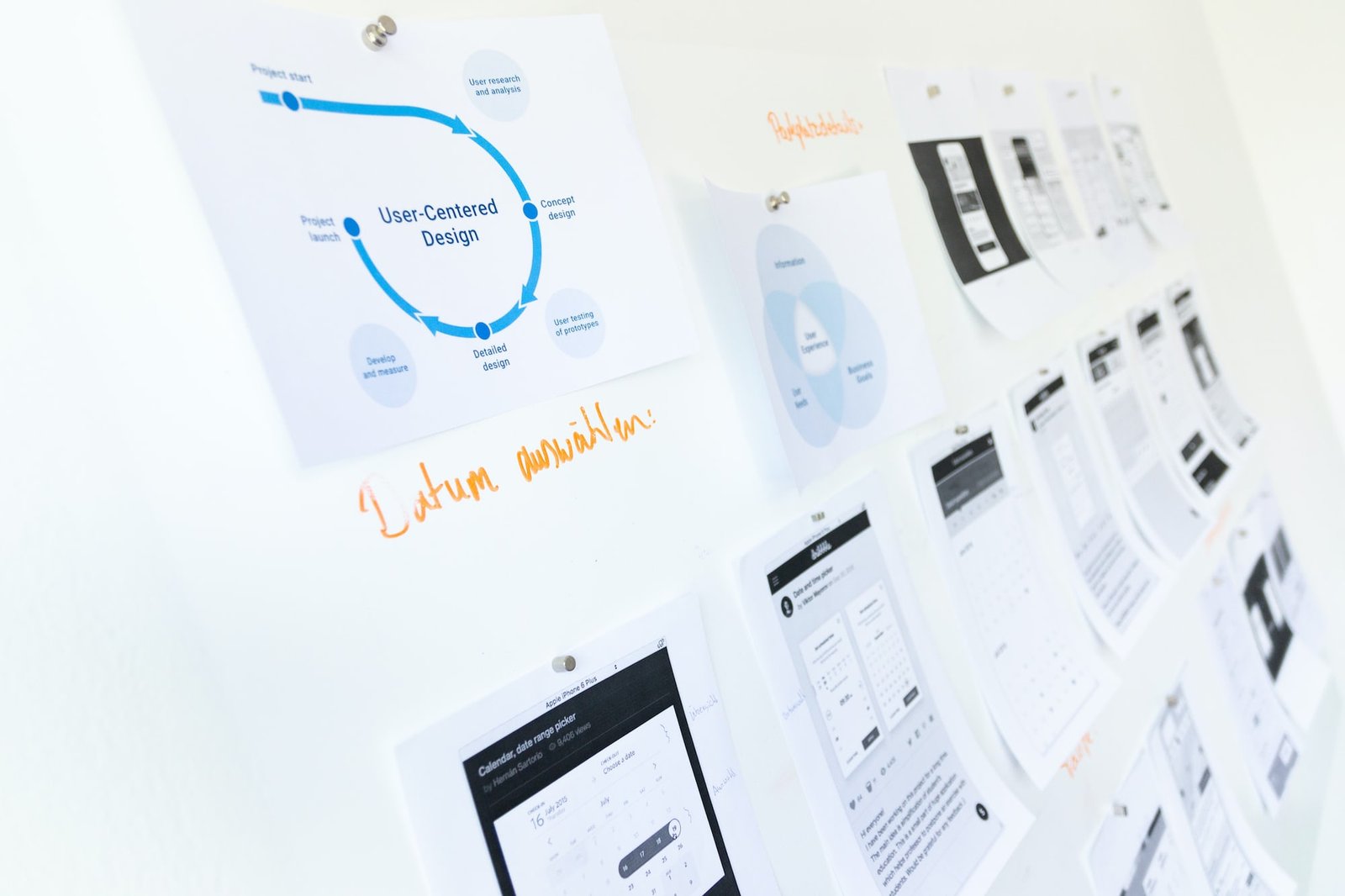When and How to Effectively Use Tags in WordPress

When and How to Effectively Use Tags in WordPress
Introduction:
Welcome back to my blog, fellow website designers and WordPress enthusiasts! Today, I want to dive into a topic that often gets overlooked in the world of WordPress: tags. Tags may seem like a small detail in the grand scheme of website design, but when used effectively, they can greatly enhance the user experience and improve your website’s search engine optimization (SEO). In this blog post, we will explore when and how to effectively use tags in WordPress, so you can take your website design to the next level.
Why are Tags Important in WordPress?
Before we delve into the specifics of using tags, let’s first understand why they are important. Tags serve as a way to categorize and organize your content, making it easier for both users and search engines to navigate and understand your website. When you assign relevant tags to your posts, it helps search engines identify the main topics and keywords associated with your content. This, in turn, improves your website’s visibility in search engine results pages (SERPs) and drives organic traffic to your site.
When to Use Tags in WordPress:
-
Tags for Categorizing and Grouping Similar Content:
One of the primary purposes of tags is to categorize and group similar content together. When you have a blog or website with a wide range of topics, tags allow you to organize your content based on specific themes or topics. For example, if you have a food blog, you can create tags for different cuisines like Italian, Mexican, or Chinese. This way, users can easily find all the recipes related to a specific cuisine by clicking on the relevant tag. -
Tags for Improved Navigation:
Tags also help improve the navigation of your website by providing users with an alternative way to discover related content. By clicking on a tag, users can quickly access a list of posts that share a common tag. This feature allows visitors to explore your website further and discover content that they may have otherwise missed. It enhances the overall user experience and encourages users to spend more time on your site, reducing bounce rates.
How to Use Tags Effectively in WordPress:
-
Limit the Number of Tags per Post:
While tags are useful for organizing your content, it’s essential not to go overboard with them. Using too many tags can dilute their effectiveness and confuse both users and search engines. It’s recommended to limit the number of tags per post to 5-10, depending on the length and complexity of your content. Choose tags that are directly relevant to the post and align with your overall content strategy. -
Use Descriptive and Specific Tags:
When assigning tags to your posts, make sure they accurately describe the content. Avoid using generic or vague tags that don’t provide much value. Instead, opt for descriptive and specific tags that reflect the main topics and keywords covered in the post. For example, if you write a blog post about "10 Tips for Healthy Weight Loss," relevant tags could include "weight loss tips," "healthy lifestyle," and "fitness advice." -
Utilize Tag Clouds:
Tag clouds are visual representations of the tags used on your website. They display tags in different sizes based on their popularity or usage frequency. Tag clouds not only add visual appeal to your website but also offer users a quick overview of the topics you cover. Consider adding a tag cloud to your sidebar or footer to make it easier for visitors to navigate through your content based on specific tags.
Common Misconceptions about Tags in WordPress:
-
Tags Improve SEO Rankings:
While using tags can improve your website’s SEO to some extent, it’s important to note that tags alone won’t skyrocket your rankings. Search engines primarily rely on the quality and relevance of your content, backlinks, site speed, and other factors to determine rankings. However, using tags appropriately can indirectly contribute to SEO by organizing your content and making it more accessible to both users and search engine crawlers. -
Tags and Categories Are the Same Thing:
Tags and categories serve different purposes in WordPress. Categories are broader topics that help classify your content into general sections, while tags are more specific and allow for greater granularity. Think of categories as chapters in a book and tags as the index keywords. Both are valuable for organizing your content, but their roles differ.
Conclusion:
Tags may seem like a small aspect of website design, but their impact on user experience and SEO should not be underestimated. By effectively using tags in WordPress, you can enhance navigation, improve content organization, and drive more organic traffic to your site. Remember to use tags selectively, be descriptive and specific with your choices, and consider implementing tag clouds for a visually appealing and user-friendly experience. So, go ahead and start leveraging the power of tags to take your WordPress website to new heights!
FAQs:
Q1. Can I use the same tag for multiple posts?
Yes, you can use the same tag for multiple posts if it accurately describes the content of those posts. However, it’s important to ensure that the tag is relevant and adds value to each post it is assigned to. Using consistent tags across related posts can help create a cohesive browsing experience for users.
Q2. Should I use tags for every post on my WordPress site?
It’s not necessary to use tags for every post on your WordPress site. Tags are most effective when they add value and improve navigation. If a post doesn’t fit into any specific tag category or doesn’t benefit from being grouped with similar content, it’s perfectly fine to skip tags for that particular post.
Q3. Can I edit or delete tags after assigning them to a post?
Yes, you can edit or delete tags after assigning them to a post. WordPress allows you to manage tags easily. Simply navigate to the post editor, locate the tags section, and make the desired changes. Editing or deleting tags will not impact the post’s URL or affect its indexing by search engines.
Q4. Are tags case-sensitive in WordPress?
No, tags in WordPress are not case-sensitive. Whether you use uppercase, lowercase, or a combination of both, the tags will function the same way. However, it’s good practice to maintain consistency in tag capitalization to avoid confusion and ensure a clean and professional appearance.
Q5. Can I display tags in my WordPress theme?
Yes, most WordPress themes include options to display tags on posts or in a tag cloud format. You can typically enable this feature through your theme’s customization settings or by using a widget. Displaying tags can enhance user engagement and encourage exploration of related content on your website.


